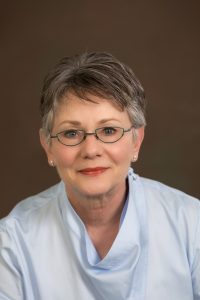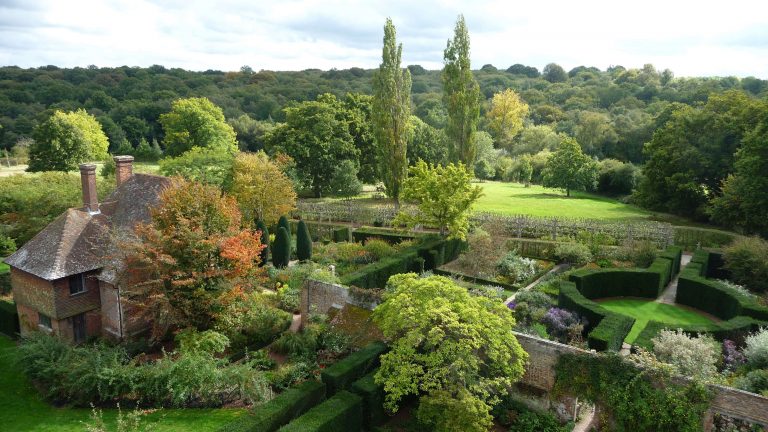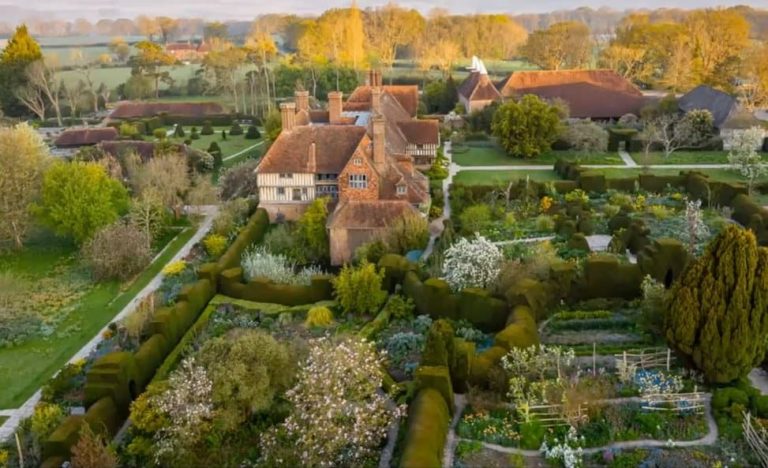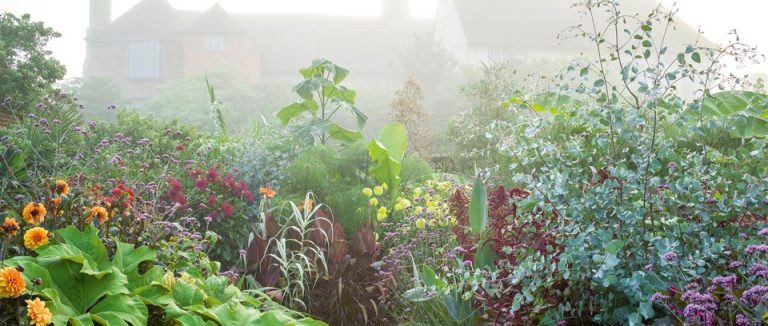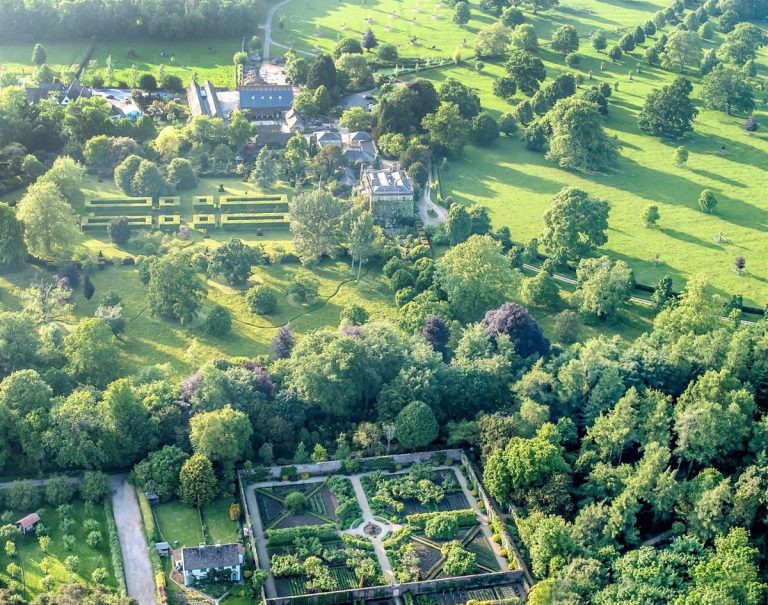Throughout their diverse and storied careers, UBC Department of Medicine faculty members acquire a wealth of clinical, educational, and leadership knowledge and skills. We value the experience of our retiring faculty and seek to capture some of their valuable insight and wisdom to share with the UBC Department of Medicine community. We hope that our current faculty will find these perspectives useful as they consider their own career paths.
Dr. Karin Humphries was born in Winnipeg, Manitoba and moved to Vancouver at the age of 6. After undergraduate training at Simon Fraser University and UBC, followed by graduate training in the Netherlands, she has pursued cardiovascular epidemiology over the past 20+ years.
Dr. Humphries research interests focus on sex and gender differences in the diagnosis, treatment, and outcome of patients with cardiovascular disease. This work has allowed her to interact with researchers across Canada, Europe and Australia.
Dr. Humphries retired at the end of March 2020 from the Department of Medicine in the Division of Cardiology. She continues her research on a part-time basis, allowing her to finish a pan-Canadian clinical trial funded by the Canadian Institutes of Health Research while also pursuing her other non-academic passions. Having recently achieved a Master Gardener designation, she volunteers at the Northshore Hospice and the Ambleside Gardens, where the gardens are designed/planted and maintained, and advice is offered to keen gardeners.
What was your first job at UBC?
I started as an Assistant Professor in the Division of Cardiology
Did you have any life-changing experiences that put you on a career path in Cardiology?
My first substantive job was working as the Research Director at the Heart and Stroke Foundation of BC & Yukon. Reading about all the research that we were funding and having the opportunity to interact with researchers across Canada inspired me to consider further education.
Perhaps the most important interaction was when I attended a meeting where Dr. Fraser Mustard spoke on the value of epidemiology in clinical research. His talk focused on cardiovascular disease and nicely demonstrated the impact of robust epidemiological research on population health. A year later, I enrolled in the doctoral program at Erasmus University in the Netherlands.
What is your career highlight?
There are two highlights that spring to mind.
First, it would be the opportunity to pursue my research with the support of the Heart and Stroke Foundation’s Professorship in Women’s Cardiovascular Health.
Second, the invitation to chair the Heart and Stroke Foundation’s Advisory Committee on Women’s Heart and Brain Health Research. This opportunity allowed me to connect with women with lived experience with heart disease or stroke. Their insights are so essential to moving this field forward. I also enjoyed the opportunity to work with like-minded researchers from across Canada and the UK.
Who was your most important mentor?
So many people have supported me during my career that it is a bit hard to choose. But, Dr. Charles Kerr was the most influential. When I joined the Division of Cardiology, it was quite novel to admit someone who was not a cardiologist but was a full-time academic researcher. The opportunity to get involved in Dr. Kerr’s registry study, CARAF, which captured detailed treatment and outcomes data on patients with atrial fibrillation (AF), was possible because of Dr. Kerr’s support. It gave me the opportunity to meet and interact with leading cardiology researchers across Canada. Collaboration with other researchers, both locally, nationally, and internationally is essential to building a successful research career.
What advice would you have for a junior faculty member in your field?
Identify a mentor early on. Having a mentor will help you, not only locally but will also help you establish collaborations outside of UBC. And try to focus. So many fascinating research projects will come along, and you cannot say yes to all of them. Decide where your passion lies and keep your focus on that.
What advice might you have for a senior faculty member approaching retirement?
Academic research can be all-consuming. But, it is important to cultivate your other interests. Having rich outside interests will make the transition to retirement so much easier.
What will you miss most about working at UBC?
I have loved the interaction with academic and clinical researchers. I will miss those rich conversations.
What is something we might be surprised to learn about you?
I think most of my UBC colleagues will be surprised by how passionate I am about gardening.
And, ideally, I love to combine my love of gardening with travel around the world. I have a strong affinity for gardens in the UK and have now seen most of the noteworthy gardens in England, including Sissinghurst, Great Dixter, and Prince Charles‘ Highgrove garden in the Cotswolds.
Sissinghurst Castle Gardens
Great Dixter House & Gardens
Highgrove Gardens
The Department of Medicine is incredibly grateful to Dr. Humphries for agreeing to be interviewed and being so generous with her time and insight.
